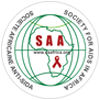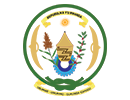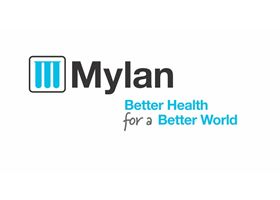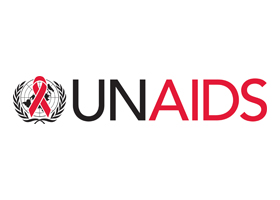Time: 08.30 – 10.30
Venue: Auditorium
Reporters: Iradukunda Fidela
Community-led based monitoring for quality service delivery: Miss Wame Mosime from the International Treatment Preparedness Coalition presented the community treatment observatory model as a data collection methodology to increase the oversight of, and advocacy for improvement of community HIV prevention and testing, care treatment and viral suppression service delivery. She discussed the five A’s model: availability, accessibility, acceptability, affordability and appropriateness of the health service for the key population. The results of their finding showed the quality of service still needs to be substantially addressed. The 2019 global treatment access survey 2019, showed that the stigma was still a huge barrier, there were multiple missed opportunities to test people for HIV, gaps in viral load monitoring and the linkage to care after HIV diagnosis was still challenging. Efforts need to be invested in promoting demand generation, community engagement and advocacy to enable improved involvement of the community.
Youth leadership at the center of the HIV response / le leadership de jeunes au centre de la RIPOSTE au VIH: Gouem Phadylatou a souligné que le manque des informations aux VIH est toujours un défi , il y’a une faible utilisation de preservatifs. Des mariages et grossesses precoce . Les parents seropositifs n’informent pas leur enfants a propos de leur HIV status et quand ces derniers le decrouvent, il en resulte des depressions et pose le problem d’ observance de traitements.Les jeunes handicapée ne recoivent pas d’information sur la santé sexuelle et reproductive, elle a montré que les handicapée visuel , auditive et moteur n’ont pas les memes capacité de recevoir les information que les personnes normales et subissent des violence sexuelle, elles sont tres exposées au VIH. Les jeunes sont des adultes de demain , ils ont le pouvoir de supprimer la stigmatisation.
Addressing social structures to increase access to service and agency for adolescent girls and young women: Sandrine Umutoni, Director General of Imbuto, highlighted the major challenges that the Imbuto Foundation deals. This include poor inclusive programming, limited platforms for community expression, few youth and gender friendly services, high level of violence towards girls and women and harmful rooted in cultural beliefs. The Imbuto Foundation works hand in hand with the community not only as the beneficiaries but to empower them towards sustaining Imbuto initiatives. Parents and guardians can model positive lifestyles for their children, and so the foundation empower parents to enable adolescents receive appropriate information on sexual health. The foundation also educate about the legal framework so that the implementation of laws do not discriminate against girls and women. they also facilitate the implementation of laws that promote gender quality. Women and girls are powerful agents of change, able to lead our development and so we must equip them with knowledge, capacities and ethical values needed to fulfill their roles.
The leadership award was given to the Coordinator of people living with AIDS in Mali and the best abstract award was given to Karen Webb.













